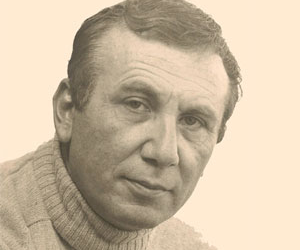
At the same time, the publishing houses did publish a lot more works for new poets than the current presses do. We can talk, for instance, about the challenges the Arabic language faces in Lebanon and its transmission to a younger generation.īeydoun: It is possible that poetry readers were more numerous in between the 1960s and 1980s and the demand for poetry was greater. It is also possible that we are seeing a fragmentation of earlier public spheres, and various forces compete for the intellectuals’ attention (example: internet). Even if poetry was not the bread and butter of the layperson it was nonetheless discursively tied to several arenas in the public sphere, which is less viable today. Exposure to poetry was demanded in ways that are not demanded today. If we assess this change in Lebanon, for instance, one finds that being “learned” during the 1960s and the 1970s, involved an emphasis on being an “intellectual,” one who cultivates knowledge of poetry, music, film, or the arts in general. Jurdi: We may be talking about different “public spheres.” The nature of the “elite” and the arenas they shape has changed over time. This makes it clear that the common person did not readily engage with Arabic poetry or pursue the works of poets spontaneously. One can look at the historical prominence of Abu Faraj al-Isfahani’s “ Kitab al-Aghani,” for example, to realize these features. Only the poets who received the support from the courts attracted a wider audience and tended to be read by those outside the court.


It attracted a learned public and was recited in specialized circles. If you look at the medieval biographical dictionaries and literary accounts you will find that poetry was nurtured by the elites and tied to those in power. We are at times told that before the modern period, poetry had a central and integral place in Arab societies and politics. The Lebanese historian and poet, Rula Jurdi, had a conversation with Beydoun about the place of Arabic poetry in the Lebanese public sphere, its readership, the relationship of the publisher to the poet, and the politics of publishing.īeydoun: Before we ask ourselves why are the readers of Arabic poetry declining we must remember that throughout history, if one were to examine the major Arabic literary accounts, poetry was a public activity, but it was never a sustained popular or mass-based activity. In March 2013, the prominent Lebanese journalist, poet and novelist, Abbas Beydoun was hosted by the Institute of Islamic Studies (IIS) at McGill University and by the Iraqi-Canadian Cultural Club in Montreal to commemorate the 60th anniversary of the IIS and the declaration of Baghdad as the Cultural Capital of the Arab World.


 0 kommentar(er)
0 kommentar(er)
